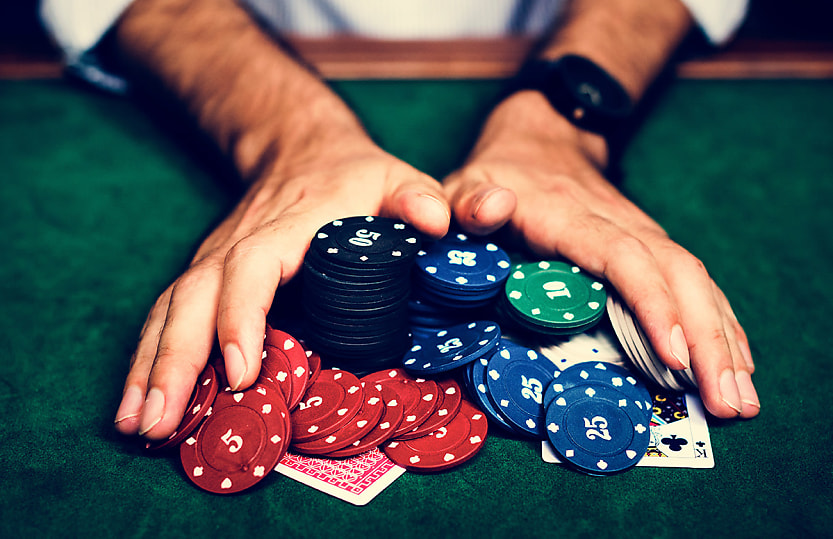Court calls brothers’ bluff in $16m tax appeal

Two brothers have tried to claim that millions in unexplained bank deposits were gambling winnings and not taxable income.
Two brothers who argued millions in unexplained bank deposits should not be taxed because they were gambling winnings have lost their appeal in the Federal Court.
George and Danny Youssef now face a tax bill exceeding $15.7 million after the court dismissed their appeal against ATO assessments for income years between 2011 and 2016.
The brothers had claimed the unexplained sums were gambling winnings or loan repayments from fellow gamblers rather than undeclared income from their “modest concrete plumbing business”.
But Justice Nye Perram, focusing on the tax affairs of George, since the facts “[did] not differ in any material way” between the two brothers, said his evidence was unreliable and had failed to show his actual taxable income.
According to ATO records, George’s returned taxable income ranged from a minimum of $352 to a maximum of $177,955. Between 2011 and 2016, he only declared $350,477 in taxable income.
However, an ATO audit of bank statements and casino records estimated the total was over $15 million.
It issued amended assessments for a $7.6 million tax shortfall, as well as $6.7 million in penalties and $1.5 million in shortfall interest.
Both brothers lodged objections, sought a review in the AAT and appealed to the Federal Court after the tribunal ruled in the ATO’s favour.
Justice Perram said that while it could be accepted George was a “prolific” gambler and his significant winnings could in theory be classed as capital rather than income, the record-keeping for his gambling profits was “unsatisfactory”.
“George appeared to have left very many of his gambling losses out of the picture,” he said. “It left unexplained the very many, and significant, deposits made into George’s accounts.”
“This problem prevented any view being formed about the extent of George’s gambling profits. Without a clear picture of what his losses were, it was not possible even to hazard a guess about what his actual gambling profits were.”
Justice Perram also noted the AAT had found George was an unreliable witness and was therefore not bound to accept evidence in his affidavit that he had no other sources of income apart from the concrete plumbing business, interest and rent.
“[George’s] cross-examination did not go well,” he said.
“Without setting out all of George’s travails in the witness box, some of his evidence about the extent of his gambling, and his success at it, evidently provoked a degree of constrained incredulity.”
This included George’s claim he had not owned any luxury cars but being shown evidence during cross-examination he had settled a past debt with an Audi R8.
“This vehicle was also, apparently, George’s favourite car although problematically he was unable confidently to recall what colour it was.”
Justice Perram also agreed with the AAT’s findings that George failed to prove some of the unexplained deposits were loan repayments from fellow gamblers.
He said there was “a lack of detail about some of the transactions; a lack of documentary records of the transactions; unsatisfactory aspects of George’s evidence of what he knew about the borrowers; the failure to call some of the borrowers; the service of statements from borrowers after George’s cross-examination had concluded; and, on some occasions, the implausibility of what was being suggested”.
“I detect no error in the tribunal’s decision to affirm the objection decisions,” he said.
About the author

